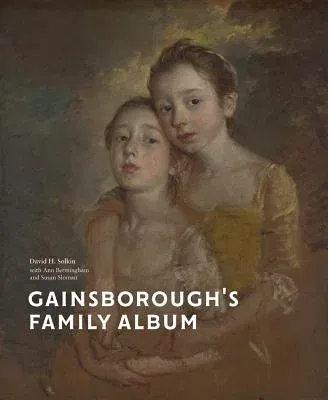I am sick of Portraits and wish very much to take up my Viol da Gamba
and walk off to some sweet village when I can paint Landskips and enjoy
the fag end of life in quietness and ease. Despite this famous
protestation in a letter to his friend William Jackson, Thomas
Gainsborough (1727-88) was clearly prepared to make an exception when it
came to making portraits of his own family and himself. This book
features over 50 portraits of himself, his wife, his daughters, other
close relatives and his beloved dogs, Tristram and Fox.
Spanning more than four decades, Gainsborough's family portraits chart
the period from the mid-1740s, when he plied his trade in his native
Suffolk, to his most successful latter years at his luxuriously
appointed studio in London's West End. Alongside this story of a
provincial 18th-century artist's rise to fame and fortune runs a more
private narrative, about the role of portraiture in the promotion of
family values, at a time when these were assuming a recognizably modern
form.
In the first of three introductory essays, David H. Solkin writes on
Gainsborough himself, placing his family portraits in the context of
earlier practice. Ann Bermingham explores Gainsborough's portraits of
his daughters, with particular reference to two finished double
portraits painted seven years apart and the tragic story arising from
them. Susan Sloman discusses Margaret's role as her husband's business
manager, its effect on the family dynamic and hence the visual
representation of its members.

